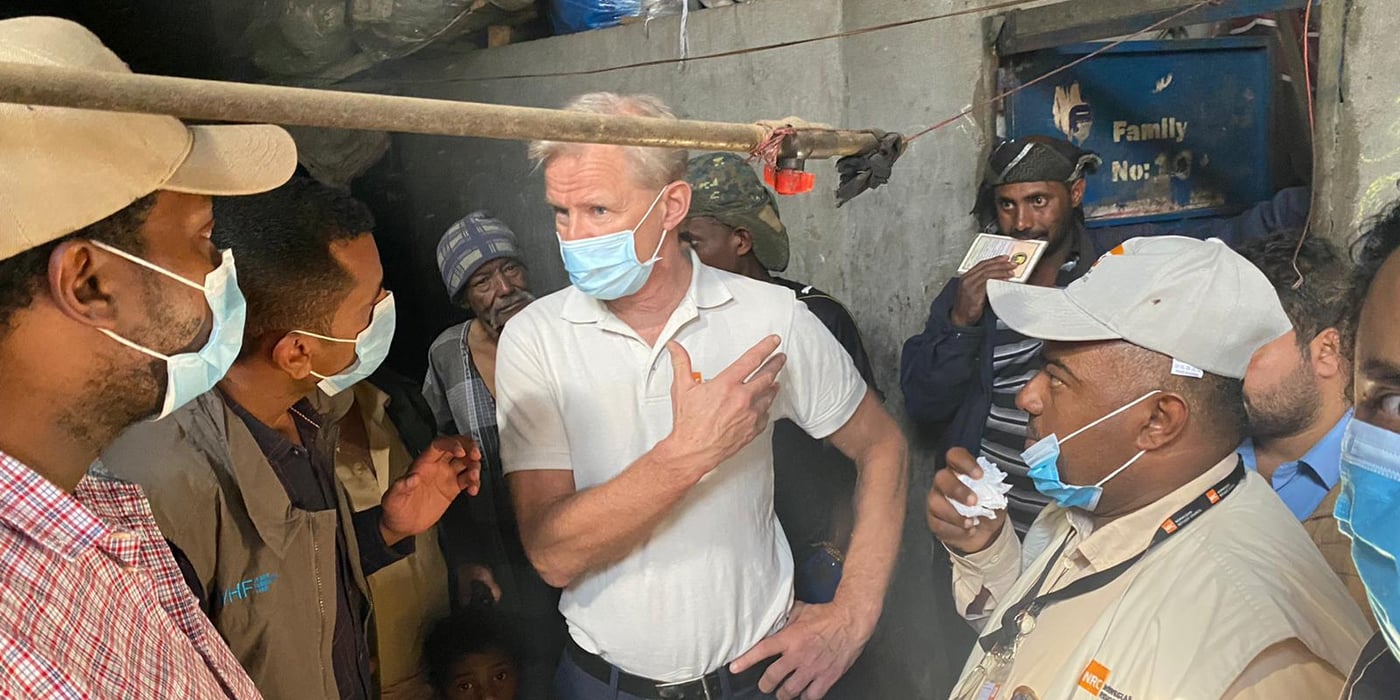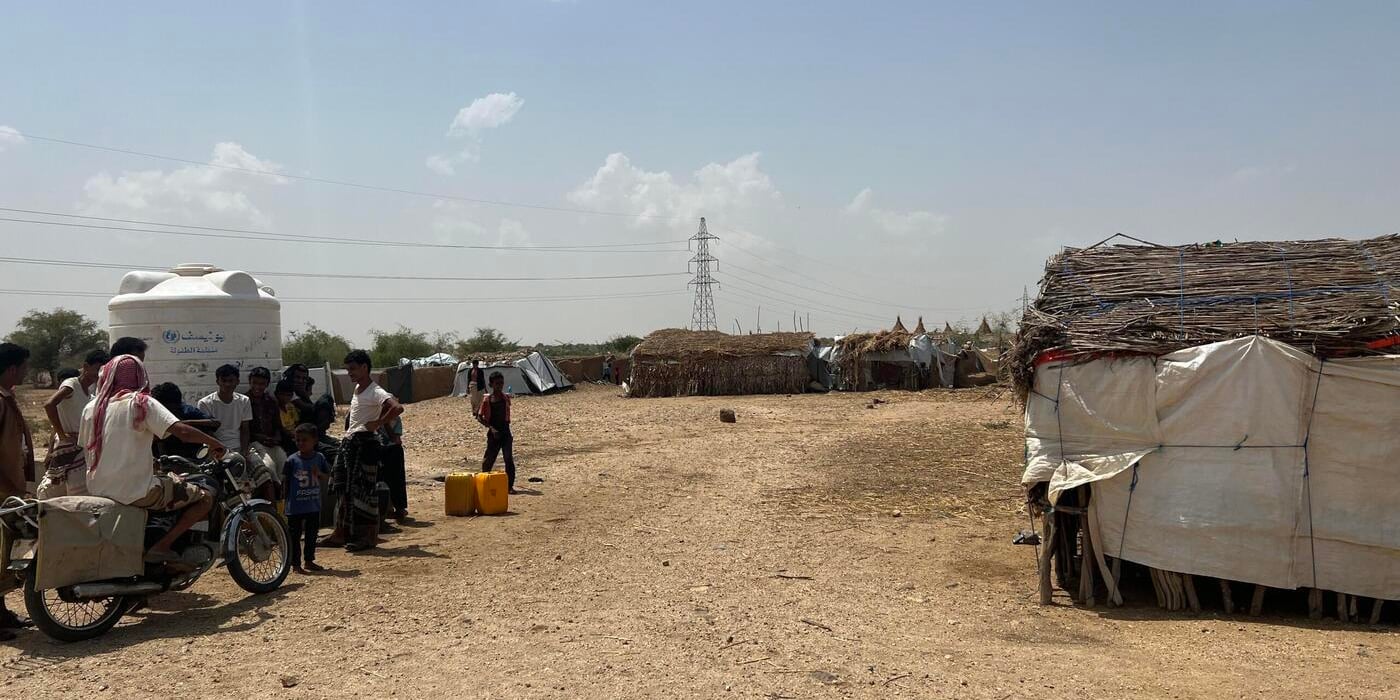
“What is happening to the people of Yemen is unimaginably cruel. Aid groups are catastrophically underfunded and overstretched. The parties to this senseless war specialize in producing suffering and the weapon of choice is hunger.”
A major international pledging conference takes place today, 1 March, to raise much-needed funding for the world’s worst humanitarian crisis. The United Nations is appealing for almost US$4 billion dollars to revitalize the country’s fledging aid operation, and restore full food rations to nine million people.
Two years ago when Yemen was close to famine, governments – and particularly Gulf countries – dug deep and funded 80 per cent of Yemen’s aid appeal. This staved off starvation. Gulf nations have a responsibility to step up again today.
“It's outrageous that aid organisations have to beg and scrape the barrel to provide the bare minimum food to help keep Yemenis alive, when the countries who wage war and cause so much of the suffering are still willing to spend magnitudes more on the fighting,” said Egeland.
While an aid injection is vital to avert massive loss of lives to famine, it will not extinguish the suffering. Conflict is the main driver of pain and hunger in Yemen.
The number of conflict frontlines jumped dramatically last year, with dangerous escalations of violence in population centres like Marib. The fighting has decimated everything families need to survive: markets, water facilities, roads, bridges, schools and hospitals. It has pushed the economy into freefall. It has torn the health system to tatters. Fuel to pump water and power hospitals has been weaponized, and essential imports blocked or delayed.
“Gulf actors, particularly Saudi Arabia, the United Arab Emirates, the Yemeni parties on the ground and Iran, will all be instrumental to negotiating a ceasefire and an end to the conflict, which is the root cause of hunger in Yemen. But it begins with enough aid to stave off a complete collapse,” said Egeland.


